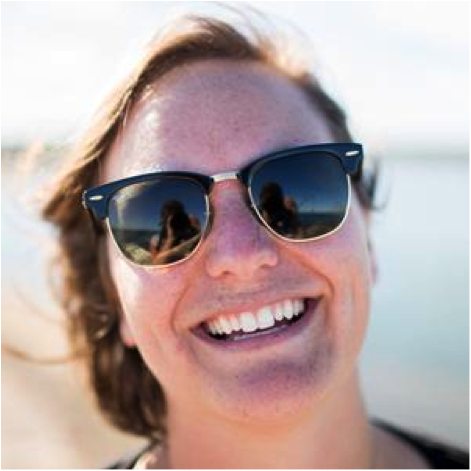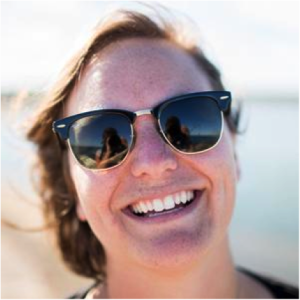
Given the closure of Invisible Children this week (see here, here, here, here, and here – man, they still get the coverage), this guest post from Allison Carney offers important advice to all those thinking about “do-gooder adventures” before them.
***
I wouldn’t say I enjoyed my time abroad. In fact, I frequently say the exact opposite.
But I wanted to travel and the program in India fit the bill, so I went. I spent a year there between 2008 and 2009, conducting research, taking classes, and teaching at schools.
I saw horrible, horrendous things. I watched a 9 year-old boy’s body, wrapped in a white sheet, being dragged into a river by two men in a boat. I saw more medical disasters than I knew existed. I met people who had sold their children to survive.
These were intense moments for me. They touched me deeply—for better or for worse—and they will stay with me forever.
But note the verbs I used: watched, saw, met.
These are not the verbs of a protagonist. They are the verbs of a witness. A witness to someone else’s story. That’s why I think it’s important to reframe how one travels abroad to “do good.” Here are three ways:
1) Distinguish personal development vs. international development
Rest assured, if you are going abroad, even if it’s for a good cause, you are doing it for yourself. It’s tempting to chalk it up to “helping the less fortunate” but I struggle to think of a single time that it didn’t mean “I want to travel on the cheap” or “I don’t know what else to do with my life.” (Or “delaying student loan payments,” which is completely acceptable.)
And that’s okay.
You are the only person you’ll have forever, so it makes sense to make big decisions for you. And honestly, most people return from these projects disappointed in how little they accomplished.
So alter your goals for your time abroad: focus on your personal development. By the time you’ve heard and seen a significant amount, you’ll be far more useful, and most likely, a much better person in your own community.
2) Shift the hero
When you are in high school or college, it feels like you are your own Holden Caulfield or Christopher McCandless. Every day revolves around you and your decisions, and going abroad can feel like another “Big Adventure” you are taking. But when you leave your country, your story actually becomes smaller. You become less significant.
Please note, I am not trying to discount the personal struggles that one encounters throughout life. There is no adequate measure to stack up your life’s tragedies to another’s, and it would be a futile exercise even if you could. What I’m saying is that when you travel abroad to help others, you are not the center story line. You are witnessing someone else’s life, and they are allowing you to do so. And by letting you in, people are doing you a great kindness.
If you keep your eyes open, you see protagonists everywhere that aren’t you. And if you allow the multitudes of people you meet to teach you, you can end up moving to the periphery of your own experience. I highly recommend it.
3) Put the world in context
The world is a lot bigger than you. It’s better than you and it’s worse than you. It’s smarter and far more stupid. It’s a lot of things, and it’s more than you will ever be able to understand. Traveling abroad, especially if it’s for a good cause, helps open your eyes to that. You get the opportunity to see things you never have, and that is not to be underestimated or taken for granted.
Traveling abroad to “do good” can be a wonderful thing. You can contribute and you can have a good experience, possibly even a great one. But what I learned by being there is that I was not the Julia Roberts of my own Eat, Pray. Love. I was entering into other peoples’ full, thriving lives. I was not the protagonist. I was the extra.
The camera shouldn’t be focused on me.
***
Allison Carney has been working with local and international nonprofits on their communications for over five years. Based in Washington, D.C., she is currently the community manager for the Council on Foundations. There, she is launching a social network for their members, the Philanthropy Exchange. Allison is currently pursuing a Master’s degree at Georgetown University in public relations and corporate communications.
***
Related Posts
Bad guys, good guys, and the people in between
How to Work in Someone Else’s Country (Book Review)
Searching for Closure: A Kony2012 Postscript



That’s a great blog and makes so much sense. I think this is a very valuable take on the issue.
Pingback: We’re all storytellers (and why it matters) | Until the Lions